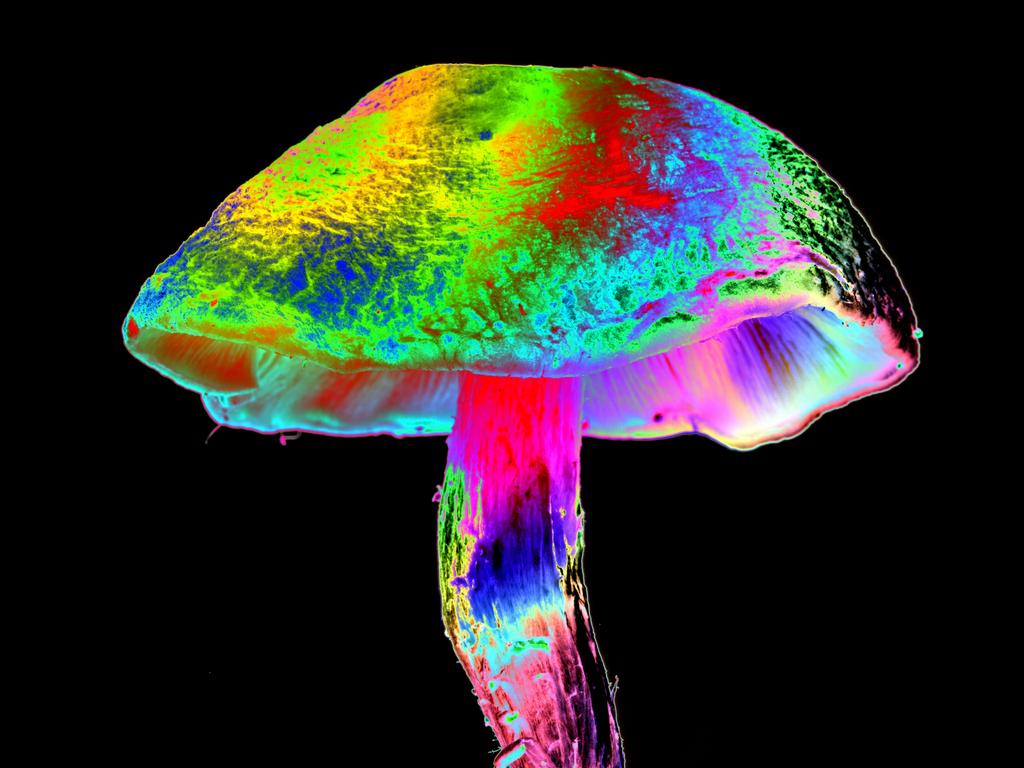MDMA to treat PTSD? Medibank says Y-E-S
Using MDMA, or ecstasy, to treat post-traumatic stress disorder is contested territory and costly. Now Medibank has stepped in to fund treatment.

Health insurer Medibank will fund access to a world-leading psychotherapy program for post-traumatic stress disorder that includes the use of the psychedelic MDMA.
The treatment program is now available for access by eligible customers of Medibank as part of its broader push to support mental health.
Initially it will be accessible in Perth, through a program run by listed biotech company Emyria, though Medibank is working with other providers to move into the eastern states.
The cost for treatment can reach up to $30,000.
“We are committed to helping our customers with their mental health and making treatment more accessible and affordable,” Medibank group chief medical officer and practising psychiatrist Andrew Wilson says.
“Poor mental health now ranks as one of the largest contributors to ill-health and loss of productivity worldwide.
“This specialised treatment is costly and would be financially out of reach for most people, so we are improving access by funding this innovative model of mental healthcare.”

Michael Winlo, founder and chief scientific officer at Emyria – where the first Medibank customers will have access – explains what sits behind his organisation’s program.
“MDMA is believed to increase a sense of trust and connectedness while decreasing fear and defensiveness, allowing people to become more comfortable to discuss their challenging experiences,” Dr Winlo tells The Australian.
“This allows therapy to be more effective in dealing with those events.
“Most current treatments for PTSD focus on managing symptoms. This approach is different. It aims to help people process the root causes of their trauma, offering the potential for deeper and longer-lasting improvement.”
He says the program involves four key phases for those eligible for treatment.
“First we screen and prepare the individuals. That is followed by a number of intensive dosing days, which are daylong sessions in the presence of two therapists and overseen by a prescribing psychiatrist.

“In the day or days following there are a number of shorter therapy sessions, and finally three-monthly follow-up for the next 12 months.”
About one million Australians are affected by PTSD, a condition more prevalent among women.
The Australian Institute of Health and Welfare says about 11 per cent of Australians will experience PTSD at some point in their lives.
Private health insurers spend hundreds of millions of dollars funding mental health programs for individuals that can last for years.
In 2023 the Therapeutic Goods Administration approved the use of 3,4-methylenedioxymethamphetamine, or MDMA, in the treatment therapy for PTSD. It can be accessed only by a registered psychiatrist approved under the TGA’s Authorised Prescriber scheme and administered under tight restrictions in combination with psychotherapy.
Nevertheless, it was a controversial decision.
In 2024, US regulator the Food and Drug Administration rejected MDMA’s use in therapy on the basis that there was not enough clinical data to outweigh the potential harms of the drug.
The Royal Australian and New Zealand College of Psychiatrists advised the TGA against its decision, also raising concerns about limited trial data.
Although the RANZCP is not opposed to the treatment per se, its current clinical memorandum on the issue says the evidence base for psychedelic-assisted therapy with MDMA is “limited and emerging”.
“Further research is required to assess the shorter- and longer-term safety and effectiveness of PAT using … MDMA,” it says.

Dr Winlo points to recent success.
“In our recent program with eight individuals with work-related PTSD, including paramedics and firefighters, every participant has either returned to work or is actively considering it. That kind of progress is incredibly rare with traditional care options,” he says.
Dr Wilson says Medibank will work with the Australian National University to evaluate the effectiveness of the program for individuals and in terms of the broader health economic impacts, and share the outcomes with the wider health community.
ANU school of medicine and psychology head Paul Fitzgerald says collecting and analysing data from a real-world program is vital.
“It is critical that we develop and provide new therapies; however, we should also very carefully study the clinical application to make sure it is effective, safe and works well outside of clinical trials,” he said.





To join the conversation, please log in. Don't have an account? Register
Join the conversation, you are commenting as Logout